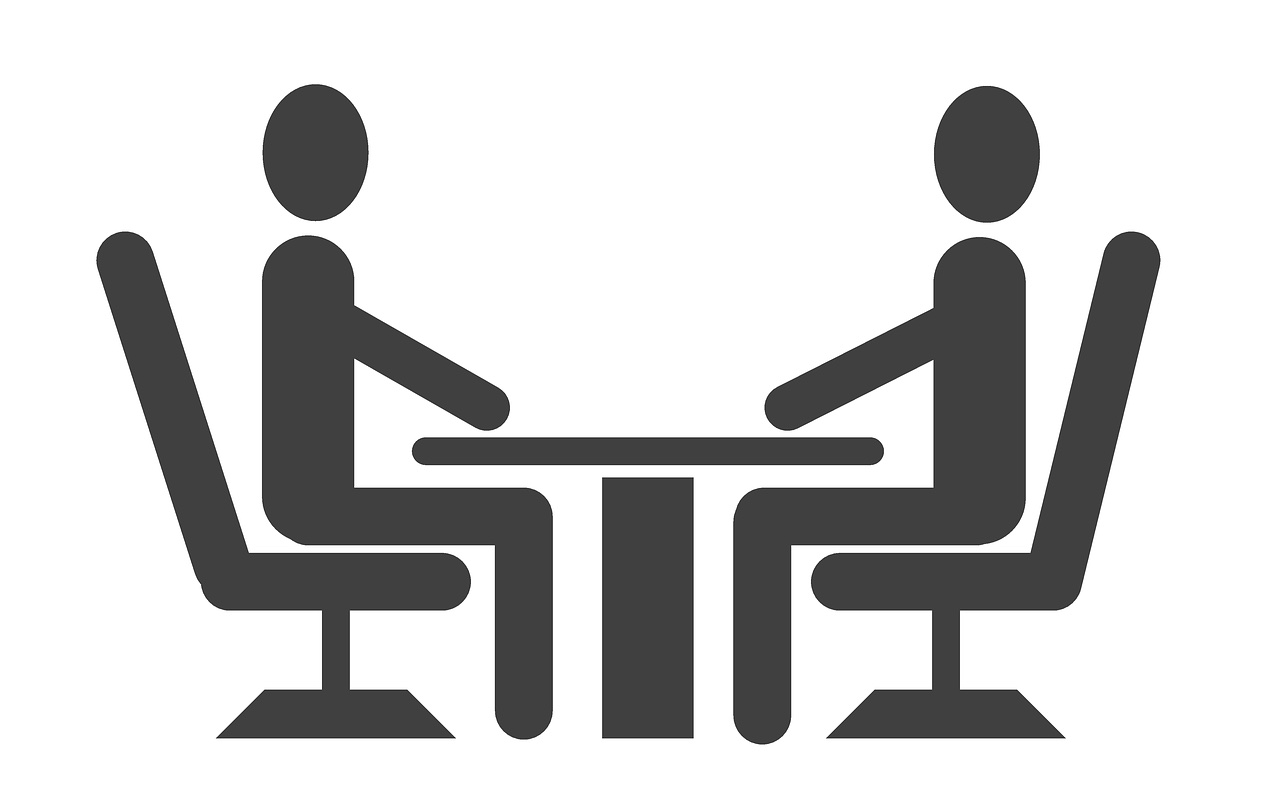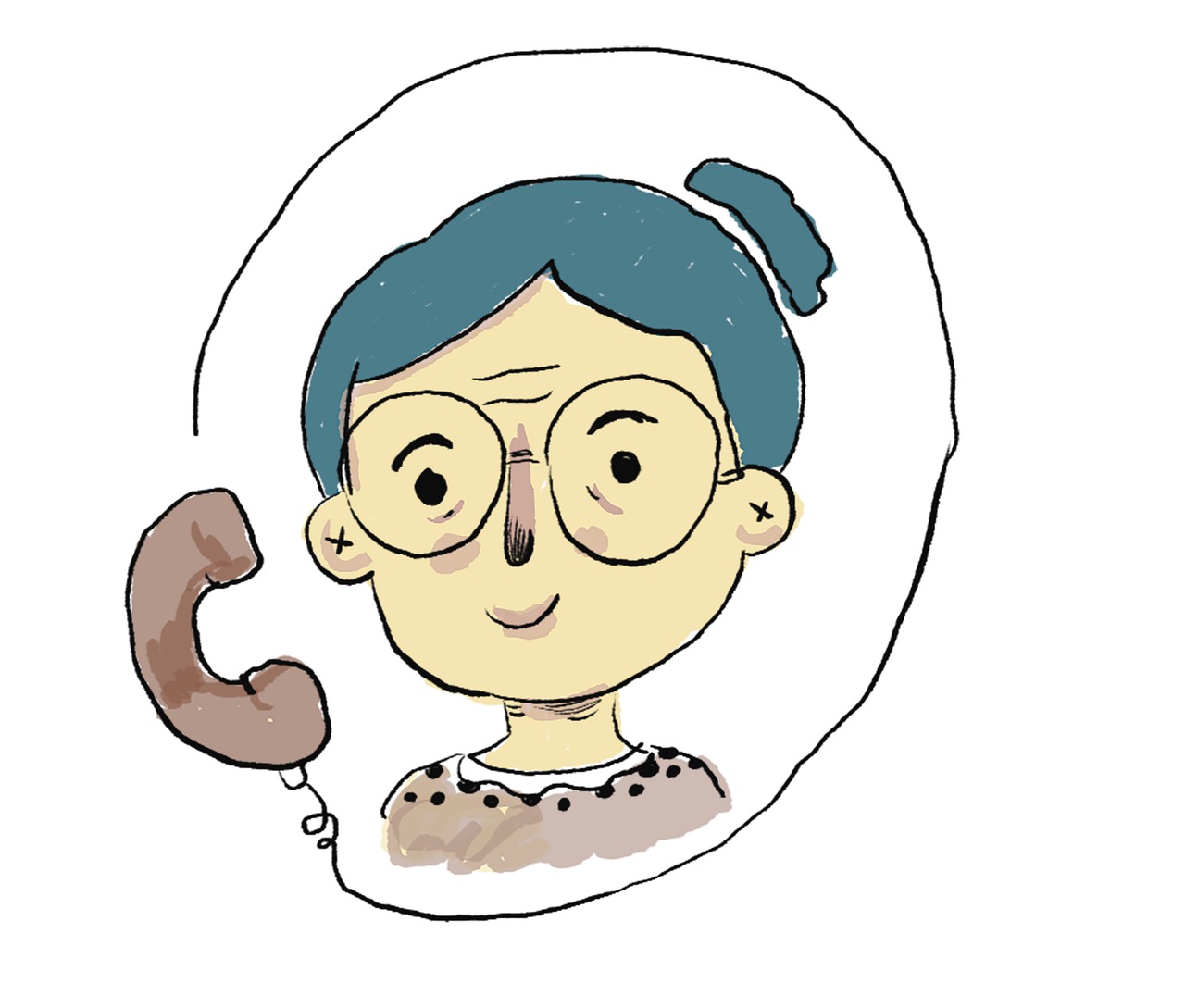
Hi Dr. Julius,
Big fan of your blog. I often come here for tips on being a better radiology resident. So I wanted your advice on a dilemma I’ve had.
The Dilemma!
The Evaluations
I am currently a third-year resident. Certain attendings have raised concerns about me since the beginning of the first year, specifically regarding my medical knowledge and procedural competency. The overwhelming majority of my evaluations have been primarily positive. However, the CCC has mainly picked on the negative assessments. I had some struggles with Fluoroscopy in my first year. At the end of that year, I was placed in a remediation program and assigned some radprimer modules, which I completed. I repeated the fluoro rotation in my second year and had positive reviews, with everyone saying I was at the level and receiving positive evaluations. One of my ER faculty felt that I had trouble synthesizing information. However, the others thought while I was not a superstar, I was appropriate for my level.
At the end of last year, the CCC committee thought that in addition to GI/GU, I also needed help in Neuro. Still, given that I had scored over 30% in the in-training examination, I did not officially qualify for the program. However, I met with the assigned Neuro attending a couple of times. Due to the third year being busy with overnight calls, AIRP, and outside pediatric rotations, I haven’t had a chance to meet with her after the first month.
My Attempts To Remediate
Still, I have independently been working on the radprimer modules and doing them alone. Most recently, I completed an IR rotation (IR is something I am interested in, and I did receive two recommendation letters from 2 different IR attendings). At this rotation, the techs complained about my professional behavior (I have never had any issues with any other tech from any other modality). I was frustrated about being scutted out of procedures to get H&Ps and consents. In a rage, I had given extremely poor evaluations of the rotation techs and attendings. So, this time, the attendings have rated me poorly, with evaluations questioning my medical decision-making and procedure skills. I want to say that I busted my ass this time, kept my mouth shut, and did what the program told me, but that did not help me.
The CCC Meeting And Possible Dismissal
So, I am highly concerned about the CCC’s decision regarding my future. The CCC meets at the end of this month. I’ve been meeting my program director weekly to review things like him helping me remediate, etc. I am not officially on probation. At the last meeting, I heard through the grapevine that two vocal attendings were pushing for my dismissal/probation. Also, I wanted to mention that before the IR rotation, the GI/GU rotation attendings had given me positive evaluations, which made me appropriate for my skill.
So, I am sorry for the long-winded post; I am apprehensive about being dismissed by the CCC. What kinds of steps should I take to solve this dilemma? Should I meet with the GME committee or write the CCC a letter explaining my side of the events? My misses have been at par with other residents at my level. However, the perception is that I have missed a lot. Should I try to get the faculty who have written me positive evaluations to send to the PD?
I would very much appreciate your help!
I also should point out that two residents in my program failed last year, including the current chief. The education is not excellent, so they have even more reason to fire me as they think I will fail.
Sorry for using a pseudonym.
Name
Helpless Rad
Dear Helpless Rad With A Dilemma,
I’m sorry to hear about your dilemma over the past few years. Think of it this way. All these events have the potential to make you a much stronger radiologist.
Based on your story, it seems like you have hit something called the vicious circle (the opposite of the virtuous circle) detailed in my previous blog called The Struggling Radiology Resident. Once a few attendings think that your performance is not up to par with your colleagues, these vocal attendings often spread the same sentiment to the other attendings. And poor evaluation and expectations from many attendings subsequently ensue. Usually, this happens regardless of your “true performance.” Unfortunately, the new evaluation milestone evaluation system (meant to prevent this dilemma with the global assessment) does not stop below-average recommendations from these staff members, even though you may exhibit improvement.
How To Repair The Dilemma
In any case, let’s get to how you can stop the vicious circle dilemma. (It’s not an easy or short process!) First thing, you need to take immediate action. Figure out why your attendings think that you have problems synthesizing information. Is it related to former errors you made during a call that you have already corrected since you are more senior? Was it a personality issue? Or is there a deeper-seated learning issue?
Over the years, I have had a few residents with learning disability issues that only came to light when they started radiology since the learning skills are so different from other specialties and medical school. You need to figure out what the base issues are. If you are unsure, you may want to talk to your attendings to find out exactly what they think. Talk to both the attendings that favor you and those you believe do not. Then, set up your remediation plan based on your and your attending’s assessments. Afterward, give the plan to meet with the clinical competency committee so that they can see that you are trying to take action to improve. Finally, check to see that it matches their plans and expectations. That will go a long way toward showing you are proactive.
Keep It In The Department
By the way, I would try to avoid going through the GME. You want to ensure the issues stay within the department if possible. To that end, it sounds like you are not at the level of a GME issue such as probation. Going above the clinical competency committee status means this becomes a hospital-wide rather than a departmental dilemma. That can lead to further hard feelings between you and the department. Of course, in certain abusive situations, that may be necessary. But from what I think you are saying so far, it sounds like you can probably contain the damage to your department.
Basic Concepts To Live By
Also, it sounds like you committed one of the cardinal errors of someone with little workforce experience (unfortunately, many medical residents are in that category since their first job is in medicine!). You tried to avenge those who gave you inadequate evaluations by giving them bad ones. As you can see, that typically gets you into hot water. As a resident, you are at the bottom of the totem pole, which will continually worsen your situation. It just does not work! Always be careful what you put into writing, no matter what someone else says about you. It sounds like you will not make that mistake again!
Finally, you must understand that repairing the vicious circle will take a long time. Do not expect your faculty to change their thoughts about you for a while. You can sway them to your side only after many months or even a few years of hard work. It’s a long road to solve this dilemma, but your job is to ignore what they may think of you now. Just keep on plugging away and improving bit by bit. Eventually, you may get some of these attendings to understand that their former opinions of you were entirely unfounded.
I hope that helps. And let me know if there is anything else I can help you with,
Barry Julius, MD















